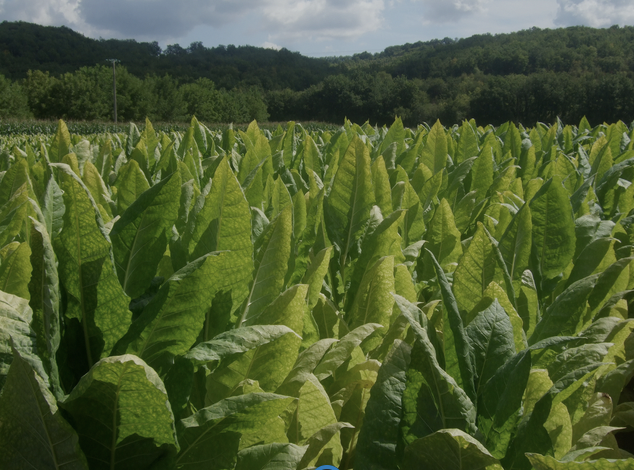In his travel writing, Jean de Léry includes detailed descriptions of Brazilian plants and animals. Following a proto-ethnographic model, he lists their uses and cultural significance, providing context for indigenous practices such as drying meat over fire, ceremonial painting of the body, and smoking petun, or tobacco. His text also includes personal digressions, most of which provide religious and moral commentary that often reflects his culture of origin.
De Léry’s commentary shows his perspective on native plant and wildlife through the lens of Christianity. In the text, we find vivid descriptions of various edible fruits, for example ananas, or pineapple, which was then adopted by the French language as the official word, as well as illustrations of native mammals. To give an example, at the end of a passage describing native bird species he praises the beauty of the land and flora, attributing its wholesome qualities to God – “[…] every time that the image of this new world which God has let me see presents itself before my eyes, […] I consider the serenity of the air, the diversity of the animals, the variety of the birds, the beauty of the trees and the plants, the excellence of the fruits, and, in short, the riches that adorn this land of Brazil, [and] the exclamation of the Prophet in Psalm 104 comes to my mind.”1
One of the indigenous medicinal practices included in the text is the smoking of petun, or tobacco. This was a common practice among the Tupinambá– Jean de Léry observes that “[…]you’d hardly see our Brazilians without each of them having a [petun] cone hanging from their collar, but also, at any moment, […], they sniff the smoke, which […] comes out of their nose and lips split as if from a censer.”2

This practice is also gendered, with men being the only ones smoking petun; “I have not, however, seen it used by women […].”3 De Léry even tried the smoke and attests to its effects; “I can say, having tried this petun smoke myself, that it seemed to satisfy and ward off hunger.” 4Smoking was not only a daily affair, but also served the practical use of appetite suppressant when going to war; “[the petun] sustains them so well that if they go off to war, and necessity presses them, they will go three or four days without nourishing themselves on anything else.”5 Petun served multiple purposes and the text demonstrates that usage was not only recreational, but sometimes out of necessity.
